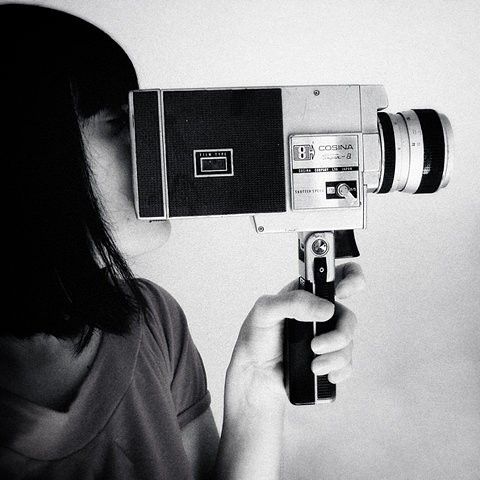 eExtremists, hate groups, whatever you like to call them, are setting the world on fire. With expanding groups, with already more than 932 crowds already, these extremists are set to dominate the eLandscape in the future.
eExtremists, hate groups, whatever you like to call them, are setting the world on fire. With expanding groups, with already more than 932 crowds already, these extremists are set to dominate the eLandscape in the future.Internet being such a way for anyone to connect with anybody from around the world, help these extremist groups with their growing numbers. Being open for anyone to see, extremists websites such as Aryan Nations, and the Australia First Party, allows anyone to join these ridiculous hate groups, creating them to become bigger and bigger. Believe it or not, their strong, unrighteous and immoral views are agreed with people. Whether it is to abolish multiculturalism, or the dislike of Jewish people and their religion, they are often accepted by people, who somehow like to think like this.
One thing that set me back and took me a while to get used to was that fact that there is an extremist group in my home town. It worries me that my friends, family, or even myself may come under the reasoning for their hate group. Knowing that there is an extremist group near my home, makes me feel uneasy and unsettling.
Although, I do take into account that everybody is entitled to their own views and opinions, I often wonder whether these extremists understand that these people they are belittling and activating against are normal people, just like them. They need to understand that if they can have an opinion about a religion, the people they are patronizing and victimizing are allowed to have a view in which religion they believe in and want to follow.
However, despite my opinion, hate groups are furthermore increasing day to day. They are dominating the world of social media as well as the future of eLandscape.





